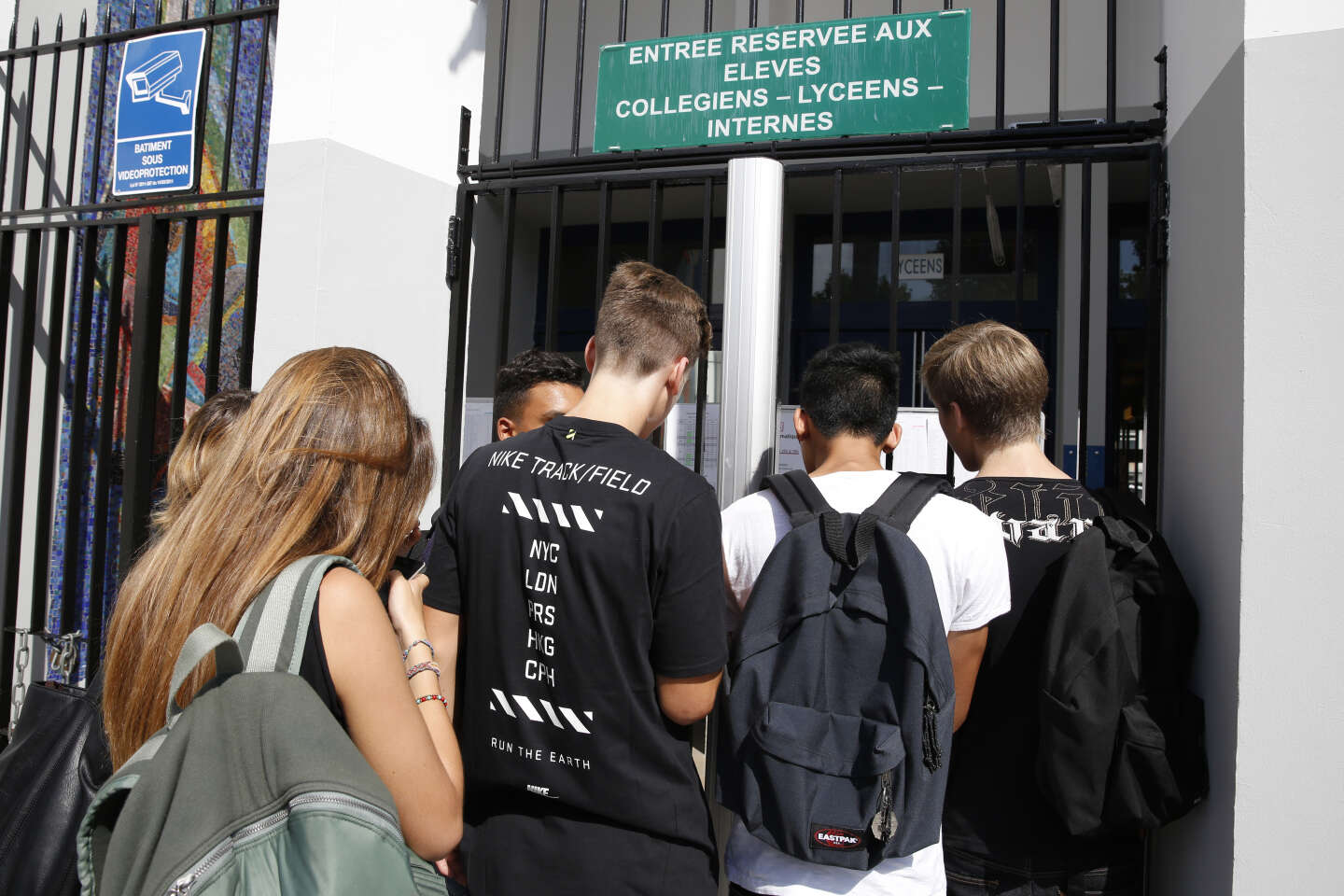


Public school is the perfect place to learn to live together and socialize, and as such must be both open to the world and protected from its tensions. If this delicate balance is upset, society as a whole runs the risk of paralysis, suffocation and even violence, for failing to defend the irreplaceable treasure that is the principle of shared education, as well as the institutions and staff that make it possible. This is why it is both worrying and serious that the principal of Paris's Lycée Maurice-Ravel stepped down after receiving death threats. The school's administration explained that he "left his post for security reasons."
The altercation that led to his departure was linked to the application of the 2004 law prohibiting the "wearing of signs or clothing through which pupils display religious affiliation" in public schools. On February 28, the principal told three students to remove their Islamic headscarves. One of them, an adult student working towards a vocational diploma, ignored him. She claimed to have been "hit hard on the arm." The complaint she lodged against the principal was dismissed by the Paris prosecutor's office for "insufficient evidence."
Irresponsibility
However, the incident ignited social media, where death threats were made against the principal. Although protective measures were taken, the threats continued, including videos personally targeting him. His departure, announced on Tuesday, was said by the Paris education authority to be because of "personal reasons." It caused a stir in the teaching world.
The fact that the principal was just a few months away from retirement doesn't change anything: His hasty departure is a setback for education, but above all it is a warning about how the internet can be used to transform, from the outside, the slightest school incident into a pretext for controversy, a means of destabilization, or even a lethal weapon. On April 26, a 26-year-old man is due to stand trial at the Paris Criminal Court for sending death threats on social media to the headmaster.
Since the murder of teacher Samuel Paty in Conflans-Sainte-Honorine on October 16, 2020 – a tragedy sparked by misleading videos circulated on social media – no one can ignore that online manipulation is likely to arm the hand of an Islamist killer. In the case of the Lycée Ravel, the way in which some politicians repeated the student's claims of having been "hit," without verifying them, is a measure of their irresponsibility. The law banning religious symbols in public schools is widely respected and approved by 85% of French people and 92% of teachers. It is a vehicle for peace in schools and promotes respect for religious beliefs and non-belief alike.
At a time when many upheavals in the world threaten to destabilize the educational system, when almost 130 high schools and middle schools have been targeted in the past week by threats of violence through the hacking of "digital workspaces" where parents, students and teachers communicate, everything must be done to protect schools, their staff and users. The worst thing to do would be to give in to fears, divisive or provocative messages, and the temptation to turn a blind eye.
